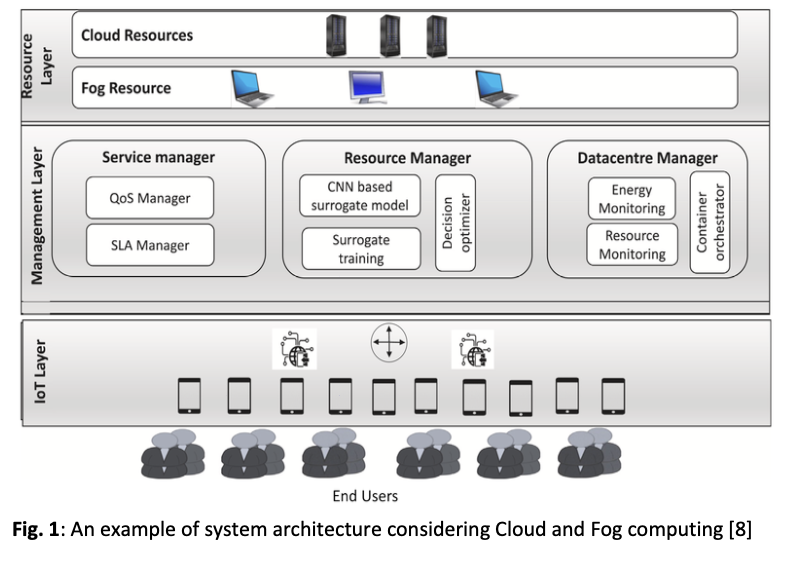Job Scheduling in Cloud and Fog Computing: A Recent Systematic Review
DOI:
https://doi.org/10.37934/kjeths.1.1.2637Keywords:
Job Scheduling, Resource Allocation and Management, Cloud and Fog ComputingAbstract
Cloud and Fog computing have emerged as pivotal paradigms in the field of distributed computing, offering flexible and scalable resources for various applications. Efficient job scheduling is a critical factor in optimizing resource utilization and enhancing the performance of these systems. Job scheduling is a complex challenge in Cloud and Fog computing due to their dynamic and heterogeneous nature. The need to balance resource allocation, minimize latency, and enhance energy efficiency poses significant research questions. To address these issues, this article systematically reviews existing literature to identify trends, challenges, and recent advancements in job scheduling strategies. The objectives of this work were to: assess the current landscape of job scheduling techniques in Cloud and Fog computing; analyze the key challenges and trends in job scheduling research; and highlight recent advancements and innovations in this domain, which further provide insights for future research directions in these computing environments. We conducted an advance searching and comprehensive systematic review of peer-reviewed articles (n=48) published in 2023 from Scopus and IEEE databases based on PRISMA framework. Our search and selection criteria ensured the inclusion of relevant studies, and a rigorous analysis was performed to extract key findings and identify emerging trends. By summarizing the state-of-the-art, it offers valuable insights for researchers and practitioners in the field, guiding future research efforts to address the evolving demands of these dynamic computing paradigms.













